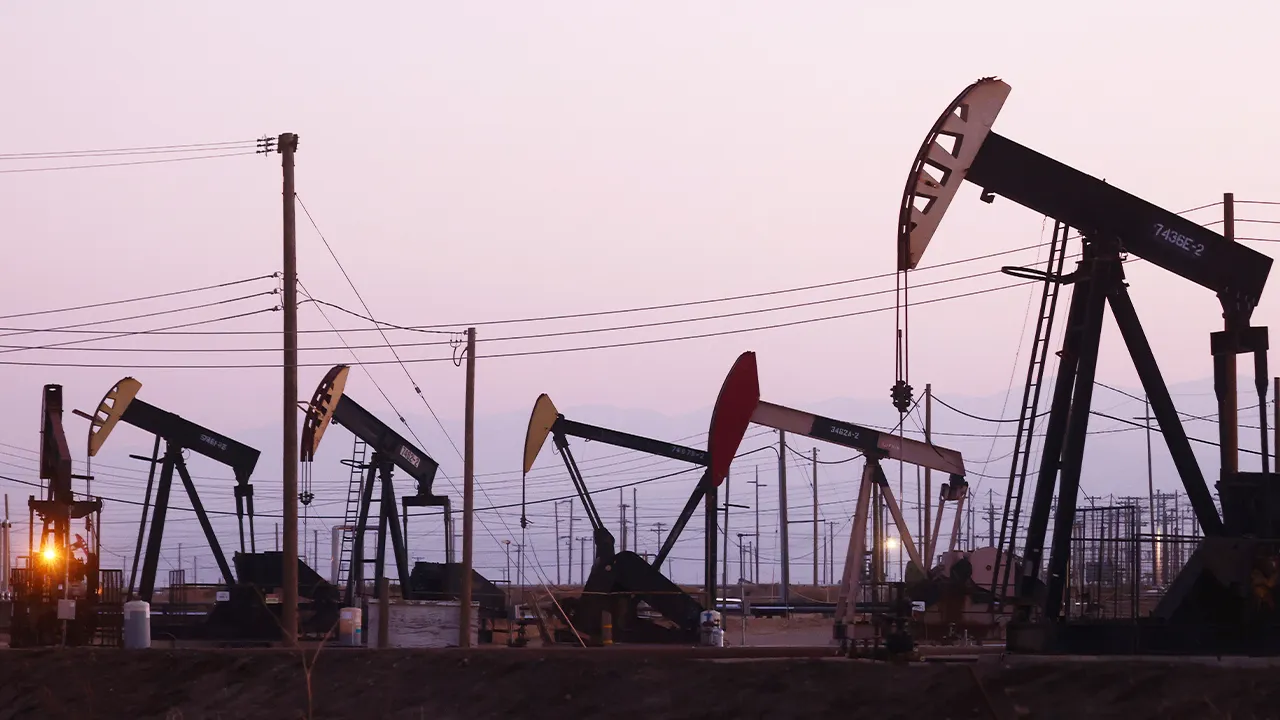EPA’s new rule to charge oil and gas companies for emissions could face a Trump reckoning

The Biden administration is taking proactive steps to address methane emissions from oil and gas companies by introducing a new Waste Emissions Charge. However, there are concerns that these efforts may be short-lived once Republican leadership takes over.
The Environmental Protection Agency (EPA) recently announced the implementation of a Waste Emissions Charge to encourage the oil and gas industry to reduce methane emissions. This charge, allowed under the Inflation Reduction Act, will apply to certain high-emitting facilities, with fees set at $900 per metric ton in CY 2024, $1,200 in CY 2025, and $1,500 in CY 2026.
Opponents of the new rule, including the American Petroleum Institute and the Western Caucus, are already pushing back against the proposed methane fee. They argue that the charge will increase production costs for American oil and natural gas companies without significant environmental benefits.
In response to these concerns, the Trump administration has outlined plans to dismantle the EPA’s methane fee and other climate-related regulations. President-elect Trump has appointed former New York Rep. Lee Zeldin to lead the EPA, signaling a shift in energy policies that could impact the future of the Waste Emissions Charge.
Despite opposition from industry groups and incoming Republican leadership, the EPA remains committed to the Waste Emissions Charge as part of President Biden’s methane strategy. EPA Administrator Michael S. Regan believes that this charge will improve efficiency in the oil and gas sector, create jobs, and demonstrate U.S. leadership in addressing climate change.
While the future of the Waste Emissions Charge remains uncertain, environmental advocates like Maggie Coulter from the Center for Biological Diversity support the initiative. They believe that holding polluters accountable for methane leakage is a crucial step in combating climate change.
In conclusion, the debate over the Waste Emissions Charge highlights the ongoing battle between environmental protection and industry interests. As the political landscape shifts, the fate of this methane fee will ultimately depend on the priorities and policies of the incoming administration.




